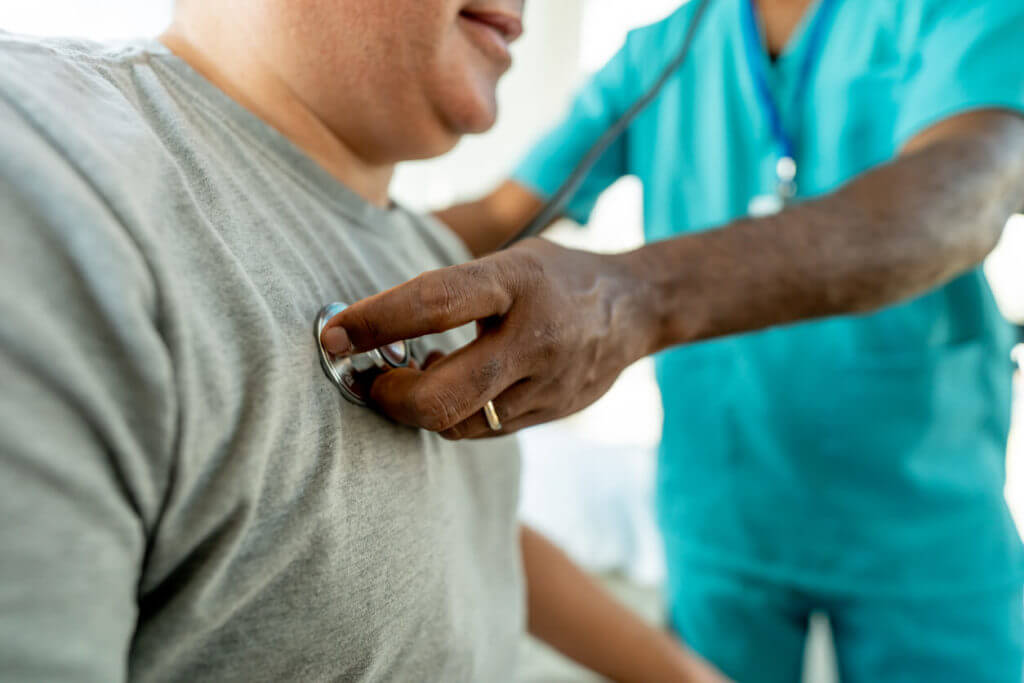
Your health is your greatest asset, and the earlier you detect a health problem, the easier it is to treat it. By regularly undergoing health screenings, you can have early detection of potentially serious health conditions.
But do you know which health screenings you should have and when you should get them? Let’s discuss some common health screenings, why you need them, and when you should get them.
Why Are Health Screenings Important?
Health screenings allow for the early detection of diseases, often before symptoms even appear. This is crucial because many conditions are more manageable or even curable when caught early.
Some screenings can prevent diseases entirely. For example, cancer screenings can identify precancerous changes in the body that can be treated before they turn into cancer.
Regular screenings can help you and your internal medicine doctor monitor your overall health and identify any changes over time, enabling adjustments in your lifestyle or treatment as necessary. Moreover, health screenings can save money by avoiding costly treatments for advanced diseases in the long run.
When Should You Consider Health Screenings?
The timing and frequency of health screenings depend on your age, gender, medical history, and lifestyle choices. Here are some general guidelines:
Blood Pressure Screening
Blood pressure screening is usually done at every health check-up and is recommended for adults who are 18 years or older. High blood pressure can cause health issues like heart disease, stroke, and kidney failure.
Regular blood pressure screenings are important as they help monitor your blood pressure levels and detect irregularities at an early stage before they become a major health concern.
Cholesterol Screening
Cholesterol screening is a test that measures the levels of cholesterol in your blood. High levels of cholesterol can cause blockages in the arteries, which can lead to heart disease and stroke. Cholesterol screening is recommended for every adult once every five years starting from age 20, while older adults should be screened every 1 to 2 years.
It is important to maintain a healthy lifestyle with a balanced diet and exercise to keep cholesterol levels in check.
Diabetes Screening
Diabetes is a condition where the body is unable to produce or use insulin properly, leading to high blood sugar levels. Diabetes screening is recommended for individuals who are overweight, have a family history of diabetes, or are above the age of 45.
If not detected and managed properly, diabetes can lead to serious health issues like heart disease, blindness, and kidney disease.
Cancer Screening
Cancer screening is important to detect any signs of cancer at an early stage when treatment options are better.
Breast Cancer
This is one of the most prevalent types of cancer that forms in the breast tissues. Women aged 50-74 should consider a mammogram every two years.
Cervical Cancer
Cervical cancer forms in the cells of the cervix, which is the lower part of the uterus that connects to the vagina. Human papillomavirus (HPV), a sexually transmitted infection, plays a significant role in causing cervical cancer. Women aged 21-65 should have a Pap test every three years.
Colorectal Cancer
Colorectal cancer often begins as small, benign clumps of cells called polyps. Over time, some of these benign (noncancerous) polyps can become colorectal cancers. Men and women aged 45-75 should consider a screening test for colorectal cancer.
Lung Cancer
Lung cancer begins in the lungs and is the leading cause of cancer deaths in both men and women. Current or former smokers aged 55-80 with a smoking history of 30 pack-years should consider annual screenings. Those who currently smoke or have quit within the past 15 years should also get regular screening.
Prostate Cancer
Prostate cancer is a type of cancer of a small walnut-shaped gland in men called the prostate, which produces the seminal fluid that nourishes and transports sperm. Men aged 55-69 should discuss the potential benefits and harms of prostate cancer screening with their internal medicine doctor.
Internal Medicine Doctors in Tucson, Az
Health screenings are critical for maintaining your health. They can catch problems early when they’re usually easier to treat. So, don’t skip out on these potentially lifesaving tests.
If you are looking for a highly reputable internal medicine doctor who recommends health screenings as a part of preventive healthcare, contact our highly trained and compassionate concierge medicine doctor, Dr. Robert E. Lending.
Dr. Lending provides quality personalized healthcare on a concierge basis to make sure that you stay strong and healthy.
If you would like to learn more about regular health screenings or want to arrange your visit, call us today at (520) 795-4291 or request an appointment online.



